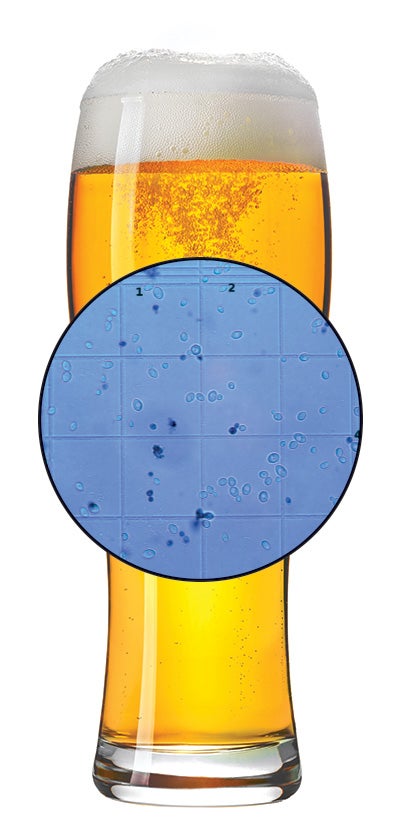Syllabus: Brewery as Classroom
Rice students are using an inquiry-based learning framework to help solve practical problems for clients in the community.
COURSE: NSCI 120 Introduction to Scientific Research Challenges
DEPARTMENT: Natural Sciences Division
DESCRIPTION: Students in NSCI 120 will solve client-based problems that require the discovery or application of scientific knowledge, specifically in the fields of biology and chemistry. Students will work in interdisciplinary teams and be involved in shaping their project and implementing the scientific method to find solutions.

What do the antibacterial properties of Ugandan honey and fermenting duck eggs have in common? They’re both examples of the projects that students have tackled in NSCI 120, a course taught by Carrie McNeil, a lecturer in chemistry in the Wiess School of Natural Sciences. The course uses an inquiry-based learning framework to help solve practical problems for businesses and labs in the Rice community.
During the spring semester, students worked with a research project that began last fall with Houston’s Eureka Heights Brew Company. The students focused on solving problems like staining methods, which indicate whether cells are alive, and measuring ethanol production. The class introduces many foundational natural science research techniques, including micropipetting, aseptic technique and organic extractions. McNeil emphasizes the importance of communication. “Everyone’s worked with other people, but it’s different in a science collaboration.”
Each student team is given the liberty to develop their own inquiry-based experiments. “I might give them a few topics to start with, and then they’re expected to do their own research,” McNeil says. “We teach them how to do research online and read papers, and they come up with their own hypothesis and experimental plan.”
For students, this open nature is very welcoming. “I like how this class gives you freedom in designing your projects,” says Isabella Bartos ’25. Her project worked with improving the accuracy of the brewery’s methylene blue stain, which is used to test the viability of yeast cells — the cells that convert sugars to ethanol, which is where the alcohol in beer comes from.
McNeil also helps students gain the confidence to pursue research following her course. “This is a low-pressure research setting they can put on their CV. Students have told me, ‘I got into this lab because of the help I received in this class.’” In the future, McNeil hopes to expand the course’s topics to physics, environmental science and ecology. Regardless of the discipline, she wants students to recognize that the learning process is what’s most important.
“Can they get from Step A to Step F even if there are fumbles along the way? I’d rather them learn how to communicate and gain the confidence to say, ‘I can do this.’” — Mabel Tang ’23
